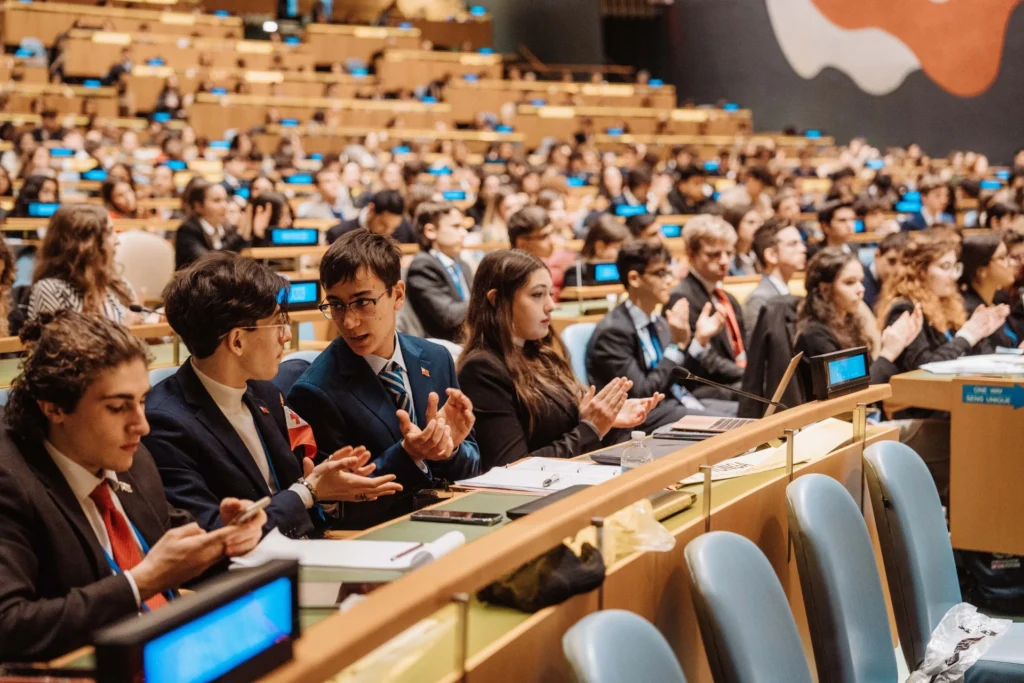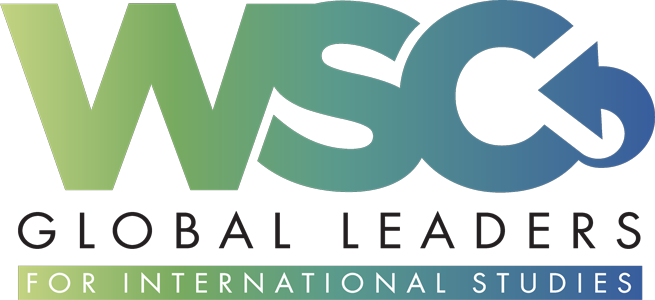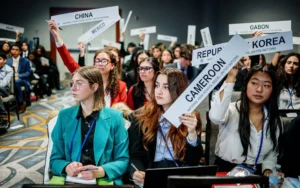Table of Contents

The United Nations organization
The United Nations Organization (UN) is the hub of international cooperation, founded on October 24, 1945 with the aim of preserving global peace and security, promoting friendly relations between nations, and addressing global challenges through collaboration between its 191 member states. This international organization represents a fundamental point of reference for those who wish to work in an international context and actively contribute to major global objectives.
What are the main UN agencies
The UN is made up of several specialized agencies, each with a specific mission. These agencies represent the operational heart of the United Nations organization, each with a specific mandate aimed at different global challenges. Knowing them will give you an overview of job offers and career opportunities in the various locations. It will also help you better understand where you might fit based on your interests and skills, making it easier for you to navigate through possible job opportunities. This knowledge will be essential for choosing the study path that most aligns with the area of the United Nations that interests you most. Here is a list of the main agencies:
- UNDP: United Nations Development Programme: Focuses on poverty reduction and sustainable development, especially for developing countries. UNDP offers various opportunities for experienced professionals or recent graduates. Official UNDP careers and work page.
- UNICEF: United Nations Children’s Fund: Dedicated to the protection of children’s rights and safety. UNICEF offers several ways to collaborate through the UNV programme. Official UNICEF careers and work page.
- FAO: Food and Agriculture Organization of the United Nations: Dedicated to eradicating hunger and promoting sustainable agricultural methods. FAO offers internships and other work opportunities in various sectors. Official FAO careers and work page.
- UNESCO: Focuses on promoting education, culture, and science globally. It offers various career and internship opportunities in various sectors. Official UNESCO careers and work page.
- ILO (ILO in English): International Labor Organization: Dedicated to the protection and rights of workers. The ILO has a dedicated recruitment site where you can find all available job opportunities. Official ILO careers and work page.
- WHO (World Health Organization): The World Health Organization works to improve global health. It offers various opportunities, from professional roles to internships. Official WHO careers and work page.
- IMF (International Monetary Fund): The International Monetary Fund is committed to global financial stability. Look for talented individuals for various roles, from economists to interns. Official IMF careers and work page.
Working in the United Nations
Embarking on a career at the UN is a coveted goal that requires a combination of undergraduate degree, relevant experience and language skills. The United Nations welcomes applicants from a wide range of academic and professional backgrounds, reflecting the diversity of global challenges that the international organization faces. If you have a strong passion for international affairs, human rights, sustainable development, marketing or other disciplines, and are ready to embark on a career making a difference globally, working in the United Nations could offer interesting job opportunities at various locations in the whole world for you.

Who can work there
The UN seeks highly qualified individuals, with a strong work ethic and a passion for solving global problems. Citizenship of one of the member countries is a fundamental requirement.
To aspire to a diplomatic career, it is ideal to have a degree in relevant fields such as International Relations, Law, Political Science, Economics or related fields such as Public Health and Environmental Engineering. For example, if your interest focuses on human rights, an academic background in Law or International Relations may be most appropriate. While for roles linked to the desire to work in the environmental field, training such as Environmental Sciences or Environmental Engineering are ideal. Professional experience in your desired field, including participation in initiatives such as Model United Nations (MUN), could further strengthen your application.
With appropriate training, hands-on experience and active involvement in initiatives such as MUNs, you will be well placed to try your hand at a career at the international organisation.
What degree do you need to work there
To aspire to a career at the United Nations, it is ideal to have a bachelor’s degree in relevant fields such as International Relations, Law, Political Science, Economics or related fields such as Public Health and Environmental Engineering. For example, if your interest focuses on human rights, an academic background in Law or International Relations may be most appropriate. While for roles linked to the desire to work in the environmental field, training such as Environmental Sciences or Environmental Engineering are ideal. Professional experience in your desired field, including participation in initiatives such as Model United Nations (MUN), could further strengthen your application.
With appropriate training, hands-on experience and active involvement in initiatives such as MUNs, you will be well placed to try your hand at a career at the international organisation.
How much does a UN employee earn
Salaries vary based on position level and experience, but are generally competitive with excellent benefits. For example:
- Junior professionals (P-1 and P-2): approximately $37,000 – $80,000 per year.
- Mid-level professionals (P-3, P-4 and P-5): approximately $67,000 – $119,000 per year.
- Senior professionals (D-1 and D-2): approximately $95,000 – $163,000 per year.
- Executives (ASG and USG): $138,000 – over $200,000 per year.
In addition to the salary, UN employees enjoy various benefits and allowances, helping to make the UN an attractive employer globally.
All the opportunities and how to apply
The United Nations (UN) offers multiple opportunities for young people and professionals who wish to contribute to its global mission. Some of the main programs and access paths are presented below:
UNDP LEAD Programme
Temporary hiring for 2-3 years, with possible offer of a long-term contract, to verify the candidates’ skills in the field.
- Promoted by: UNDP (United Nations Development Programme).
- Requirements:
- Previous experience in the field of interest
Young Professionals Program (YPP)
Offers professional growth opportunities within the UN to talented young people.
- Requirements:
- Age not exceeding 32 years
- Passing a competitive exam
United Nations Volunteers (UNV) Program
Contribution to global projects through volunteer service in areas such as education and health.
Internship Program at the UN
Practical insight into the daily operations of the UN and immersion in the environment, working alongside professionals on real projects.
- • Requirements:
- Be a student or recent graduate
UN Competition
Competitions for officials for entry-level careers in the United Nations Secretariat.
- Requirements:
- Age not exceeding 32 years
- Degree in specific sectors

These programmes, open to a wide range of profiles and experiences, represent the diversity of opportunities offered by the UN.
In summary, a career in the UN is within the reach of those who are well prepared and motivated. With the right training, hands-on experience and determination, you can play an active role in tackling some of the biggest challenges of our time and help create a better future for all. By exploring opportunities and giving your best, you can move closer to your goal of becoming part of the UN and making a difference on a global level.





